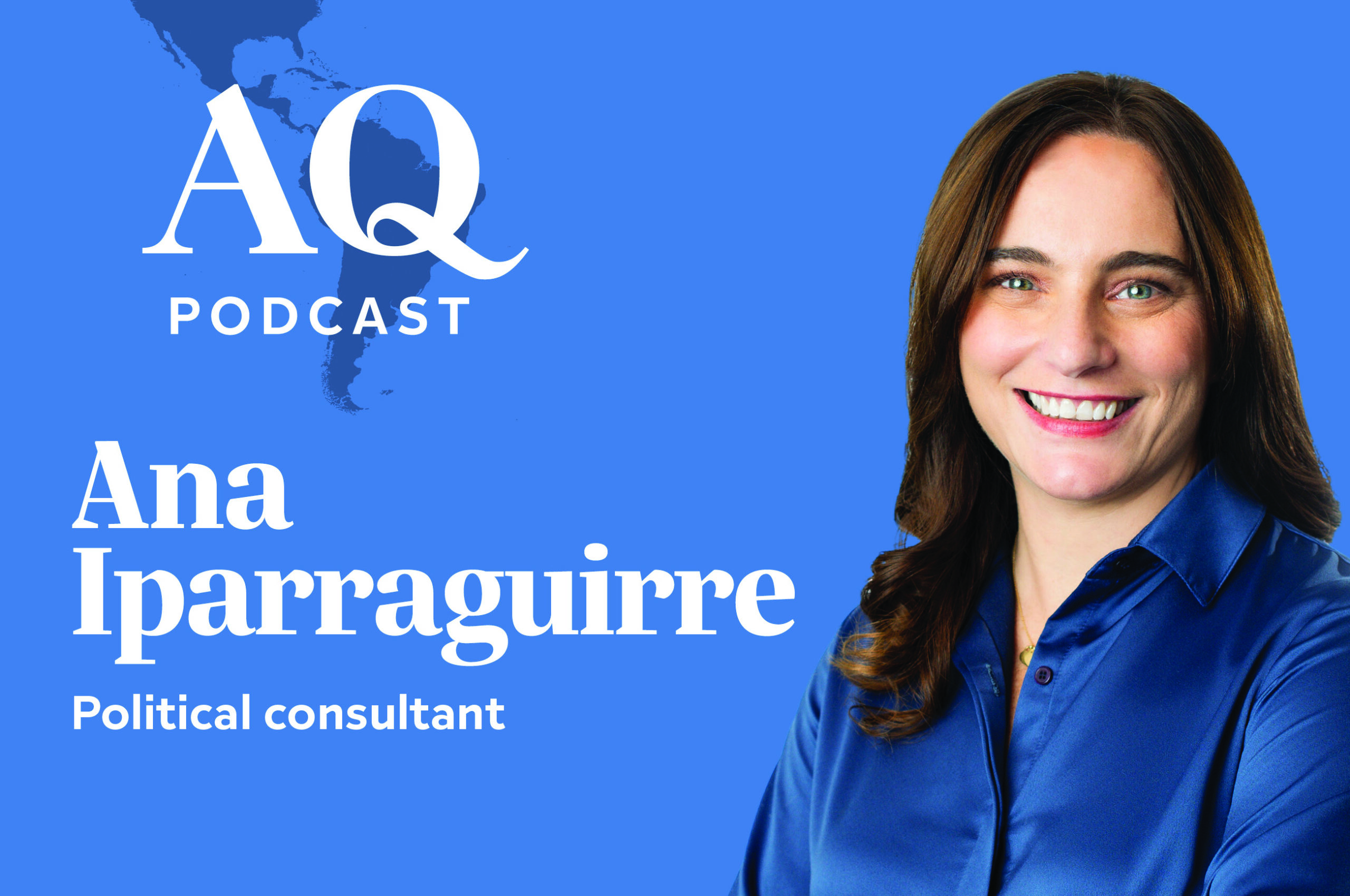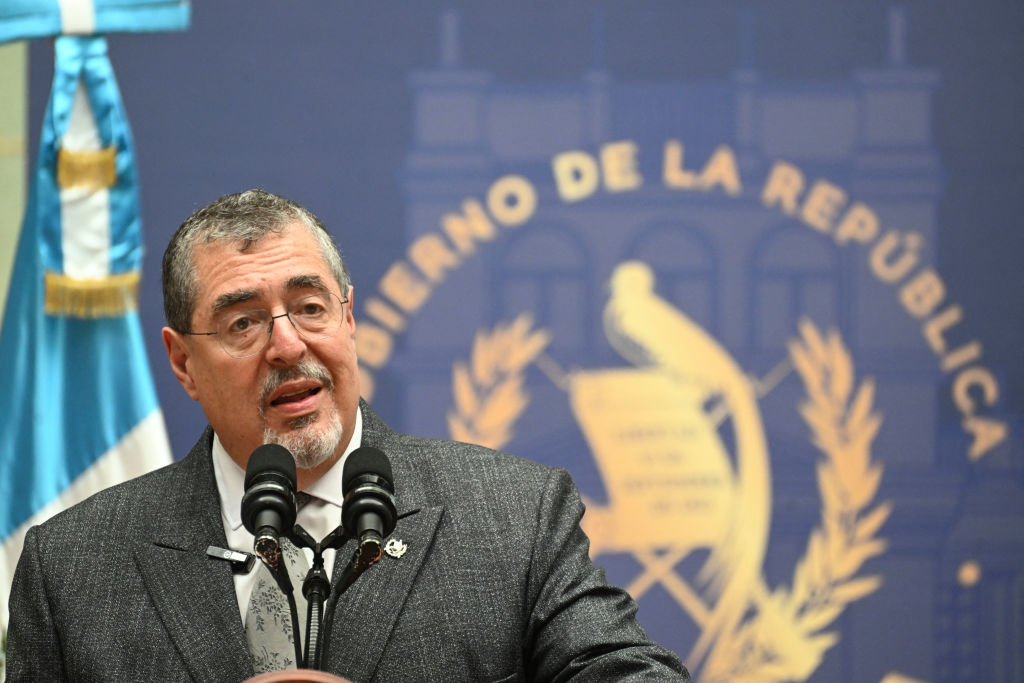Haiti’s President: One Year Later
Haiti’s President: One Year Later
Michel Martelly begins his second year in office with a long to-do list. Is he up to the task?
After a year in power, President Michel Martelly still faces the huge challenges of reconstructing a country destroyed by natural catastrophes and bad governance. In spite of growing foreign investments, the economy remains weak and vulnerable. The enormous task of finding adequate housing for over a million displaced individuals persists, and there are fears that the country is facing another outbreak of cholera, which has already claimed the lives of more than 7,000 people. So far, the “moun en deyo”—the marginalized—continue to be left out of any meaningful participation in the decision-making process, and the deep divisions that have defined Haitian politics show no signs of abating.
Moreover, lawmakers rejected Martelly’s first two choices of prime ministers, and the third, Gary Conille, who was ratified, resigned after serving only four months in office. The first year of Martelly’s presidency has thus been marked by a continuous crisis of governability. It remains to be seen whether Laurent Lamothe, the recently appointed prime minister and intimate friend of the president, will help move the country in a more promising direction.
The truth is that President Martelly, like his predecessors, has little room to maneuver. His government is weak and its sovereignty at bay. External powers fund about 70 percent of Haiti’s budget and the very survival of the government depends on the continued flow of foreign assistance. Reconstruction offers the Martelly regime and the international community an opportunity to reverse more than 30 years of failed policies that have emasculated the state and undermined the local economy. However, the president and his international partners must be willing to seize the moment and boldly change course; unfortunately, all indications suggest that this is unlikely to happen.
To date, fears of corruption and a blind ideological commitment to the market have led foreign donors to bypass the state and emphasize development led by non-governmental organizations. A shift from this model to a new strategy bent on building state capacity, privileging massive public works for infrastructural development and generating food self-sufficiency is desperately needed. But powerful domestic and international interests constrain Martelly from achieving such goals, even if he were fully committed to them.
Click here to read the full article at www.AmericasQuarterly.org.
Robert Fatton Jr. is the Julia Cooper Professor of Politics at the University of Virginia’s Woodrow Wilson Department of Politics.







